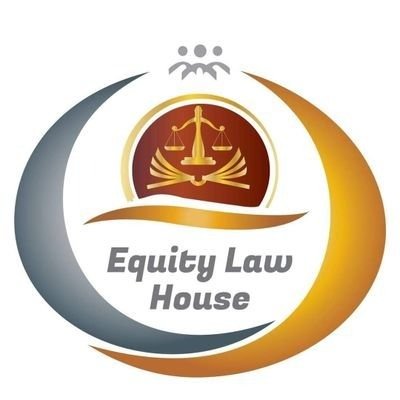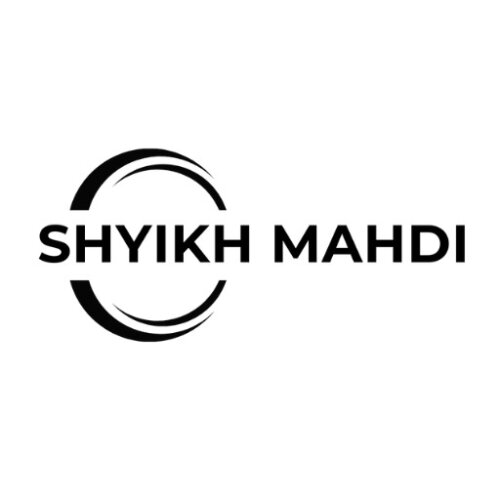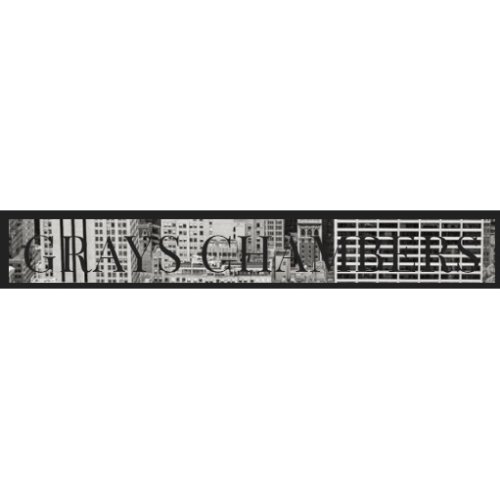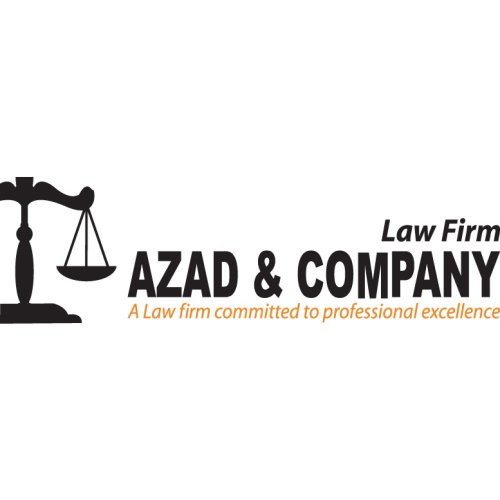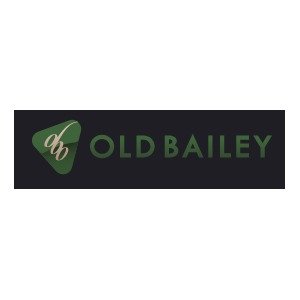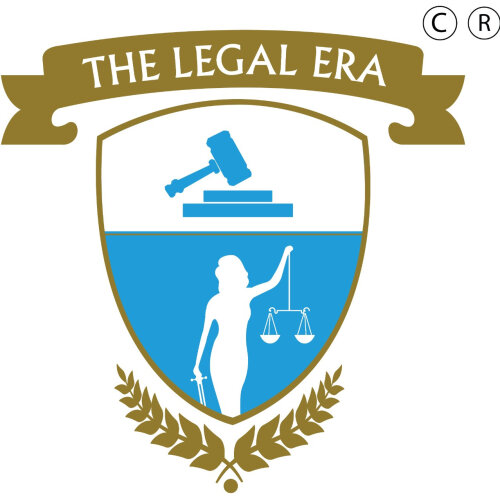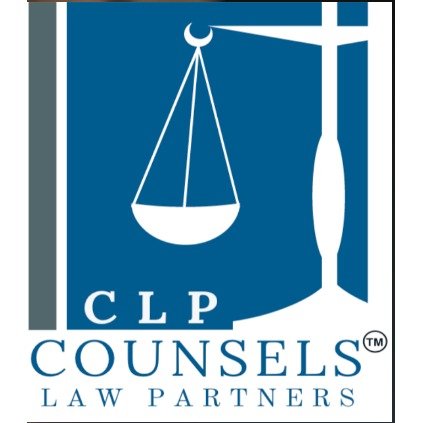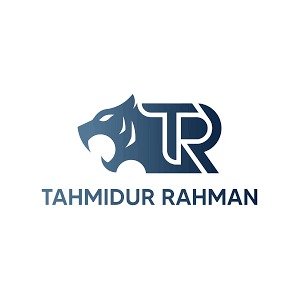Best Debt Capital Markets Lawyers in Dhaka
Share your needs with us, get contacted by law firms.
Free. Takes 2 min.
List of the best lawyers in Dhaka, Bangladesh
About Debt Capital Markets Law in Dhaka, Bangladesh
Debt Capital Markets (DCM) play a critical role in Bangladesh's financial ecosystem, particularly in the capital city of Dhaka. These markets involve the issuance, trading, and regulation of debt instruments such as bonds, debentures, sukuk (Islamic bonds), and other fixed income securities. Dhaka, being the commercial and financial hub of Bangladesh, is at the forefront of debt capital activity. The legal framework for DCM in Bangladesh is influenced by domestic regulations, international best practices, and the expanding needs of both local issuers and investors. Lawyers play a vital role in ensuring compliance, structuring transactions, and managing risk in this evolving field.
Why You May Need a Lawyer
Engaging with the Debt Capital Markets can be complex, requiring a thorough understanding of local and international regulations. You may need a lawyer for the following reasons:
- Structuring and issuing corporate bonds or debentures
- Navigating regulatory requirements set forth by the Bangladesh Securities and Exchange Commission (BSEC) or Bangladesh Bank
- Drafting and reviewing offering documents such as prospectuses and information memoranda
- Advising on compliance with Shariah principles for sukuk or Islamic finance securities
- Managing disputes concerning DCM transactions or defaulted bonds
- Negotiating terms between issuers and underwriters or arrangers
- Handling foreign investment in local debt instruments
A specialized DCM lawyer ensures that all legal obligations are met and that you are protected throughout the transaction process.
Local Laws Overview
Debt Capital Markets in Dhaka are governed by a set of key laws and regulatory guidelines. The principal pieces of legislation include:
- Securities and Exchange Ordinance, 1969: Provides the core legal framework for the issuance and trading of securities in Bangladesh.
- Bangladesh Securities and Exchange Commission (BSEC) Regulations: The BSEC is the main regulatory body overseeing the market. It issues rules on public offerings, private placements, and disclosure standards.
- Company Act, 1994: Stipulates the statutory requirements for companies issuing debt instruments.
- Government and Corporate Bond Rules: These govern the issuance and trading of government and corporate bonds both on the Dhaka Stock Exchange and over the counter.
- Foreign Exchange Regulation Act, 1947: Regulates cross-border transactions and investments in Bangladeshi debt capital markets.
- Islamic Finance Guidelines: Increasingly relevant for the issuance of sukuk and compliance with Shariah principles.
Keeping up to date with amendments and new regulations is crucial, as the DCM landscape is evolving to accommodate market growth and align with global standards.
Frequently Asked Questions
What are the most common types of debt instruments traded in Dhaka?
The main types include government treasury bonds, corporate bonds, debentures, and sukuk (Islamic bonds). Each instrument has its own features, risk profile, and regulatory requirements.
Who regulates the Debt Capital Markets in Bangladesh?
The Bangladesh Securities and Exchange Commission (BSEC) is the primary regulatory authority, with oversight also from the Bangladesh Bank for certain financial institutions and foreign investment matters.
How are debt securities issued in Bangladesh?
Debt securities can be issued through public offerings or private placements. The process involves regulatory approvals, preparation of legal documentation, and compliance with disclosure requirements.
Is it possible for foreign investors to participate in Bangladeshi debt markets?
Yes, foreign investors can participate subject to compliance with the Foreign Exchange Regulation Act and relevant BSEC and Bangladesh Bank guidelines.
What is a sukuk and how does it differ from a conventional bond?
A sukuk is an Islamic financial certificate similar to a bond but structured to comply with Shariah law. Unlike traditional bonds, sukuk represent ownership in a tangible asset, and returns are generated from underlying asset profits, not interest.
What disclosures are required when issuing a bond?
Issuers must provide detailed information about the company, the terms of the bond, risks involved, intended use of proceeds, and financial statements in a prospectus or information memorandum as required by the BSEC.
Can debt securities be listed on the Dhaka Stock Exchange?
Yes, both government and qualified corporate bonds can be listed and traded on the Dhaka Stock Exchange, provided all listing requirements are met.
Are there restrictions on the use of proceeds from bond issuance?
Yes, proceeds must be used as disclosed in the prospectus or offer document, and misuse can result in regulatory action and penalties.
What legal risks should issuers and investors consider?
Key risks include non-compliance with regulatory requirements, default by issuers, interest rate fluctuations, and foreign exchange controls affecting cross-border transactions.
How can legal counsel assist in a Debt Capital Market transaction?
Legal counsel helps structure transactions, ensures regulatory compliance, drafts documentation, manages due diligence, and resolves disputes, providing protection and certainty for all parties.
Additional Resources
Several entities and resources can be helpful for those seeking information and assistance with Debt Capital Markets in Dhaka:
- Bangladesh Securities and Exchange Commission (BSEC): The official regulator providing rules, circulars, and investor guidelines.
- Dhaka Stock Exchange (DSE): The official stock exchange where bonds and debt securities are traded.
- Bangladesh Bank: The central bank regulating monetary policy and foreign exchange controls relevant to debt capital markets.
- Ministry of Finance, Government of Bangladesh: Provides policy guidance on government debt issuance and capital market reforms.
- Professional associations: Such as the Bangladesh Association of Publicly Listed Companies and Bangladesh Legal Practitioners Associations, for networking and further information.
- International Law Firms and Local Legal Chambers: Many provide specialist DCM advice and publish articles and guideline materials.
Next Steps
If you require legal assistance regarding Debt Capital Markets in Dhaka, consider the following steps:
- Identify your specific needs - whether it is structuring a bond issuance, regulatory compliance, or dispute resolution.
- Consult with a qualified legal advisor experienced in Debt Capital Markets and registered to practice in Bangladesh.
- Prepare all relevant documentation and background information to help your lawyer assess your situation efficiently.
- Follow your lawyer's guidance regarding compliance, documentation, and interactions with regulatory bodies such as BSEC and Bangladesh Bank.
- Stay updated with market developments and regulatory changes by subscribing to bulletins from relevant authorities and seeking continuous legal counsel as needed.
Engaging a knowledgeable lawyer early in the process can help you navigate the complexities of Dhaka's Debt Capital Markets, minimize risk, and achieve your financial objectives with confidence.
Lawzana helps you find the best lawyers and law firms in Dhaka through a curated and pre-screened list of qualified legal professionals. Our platform offers rankings and detailed profiles of attorneys and law firms, allowing you to compare based on practice areas, including Debt Capital Markets, experience, and client feedback.
Each profile includes a description of the firm's areas of practice, client reviews, team members and partners, year of establishment, spoken languages, office locations, contact information, social media presence, and any published articles or resources. Most firms on our platform speak English and are experienced in both local and international legal matters.
Get a quote from top-rated law firms in Dhaka, Bangladesh — quickly, securely, and without unnecessary hassle.
Disclaimer:
The information provided on this page is for general informational purposes only and does not constitute legal advice. While we strive to ensure the accuracy and relevance of the content, legal information may change over time, and interpretations of the law can vary. You should always consult with a qualified legal professional for advice specific to your situation.
We disclaim all liability for actions taken or not taken based on the content of this page. If you believe any information is incorrect or outdated, please contact us, and we will review and update it where appropriate.




